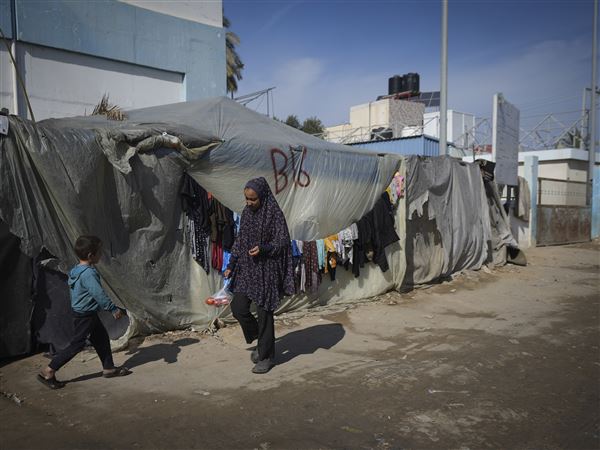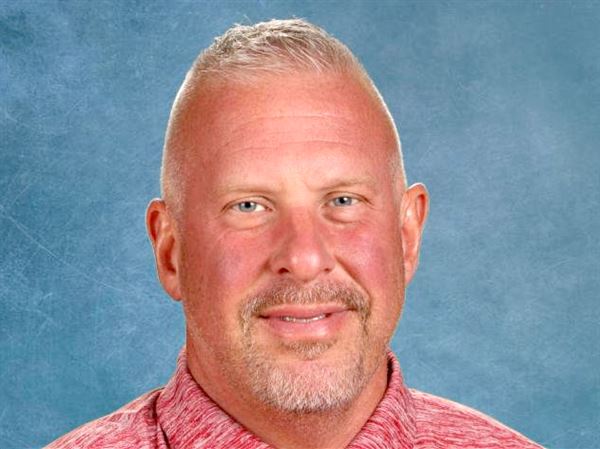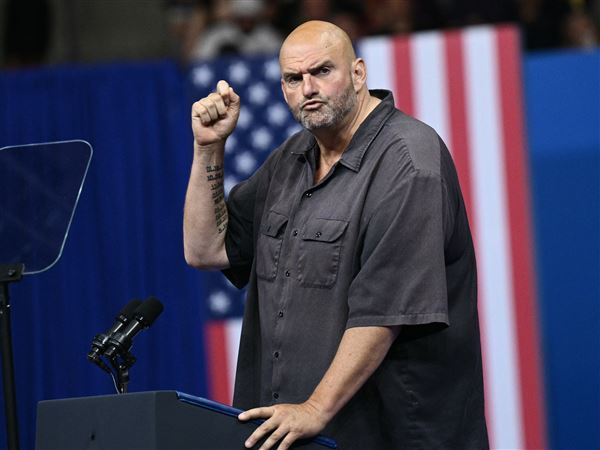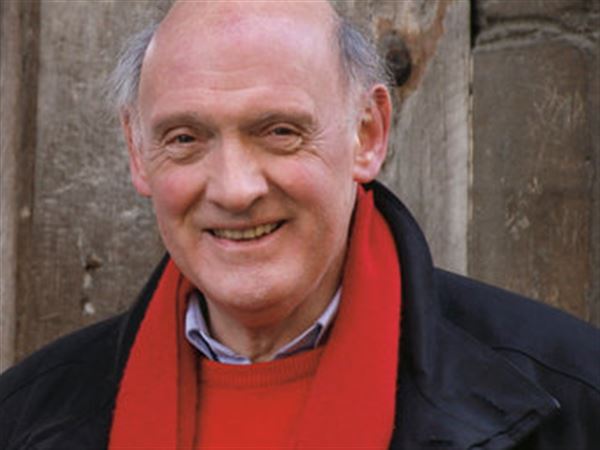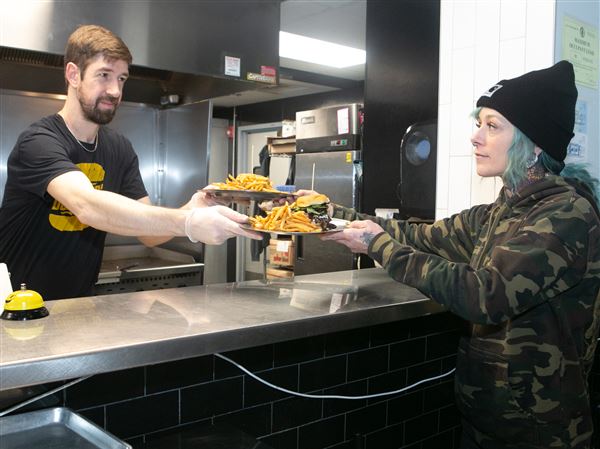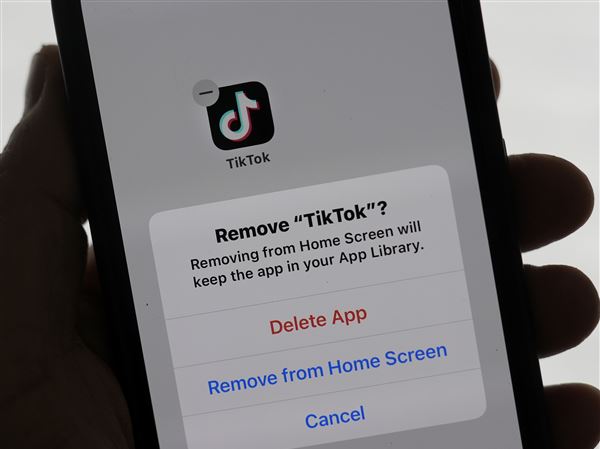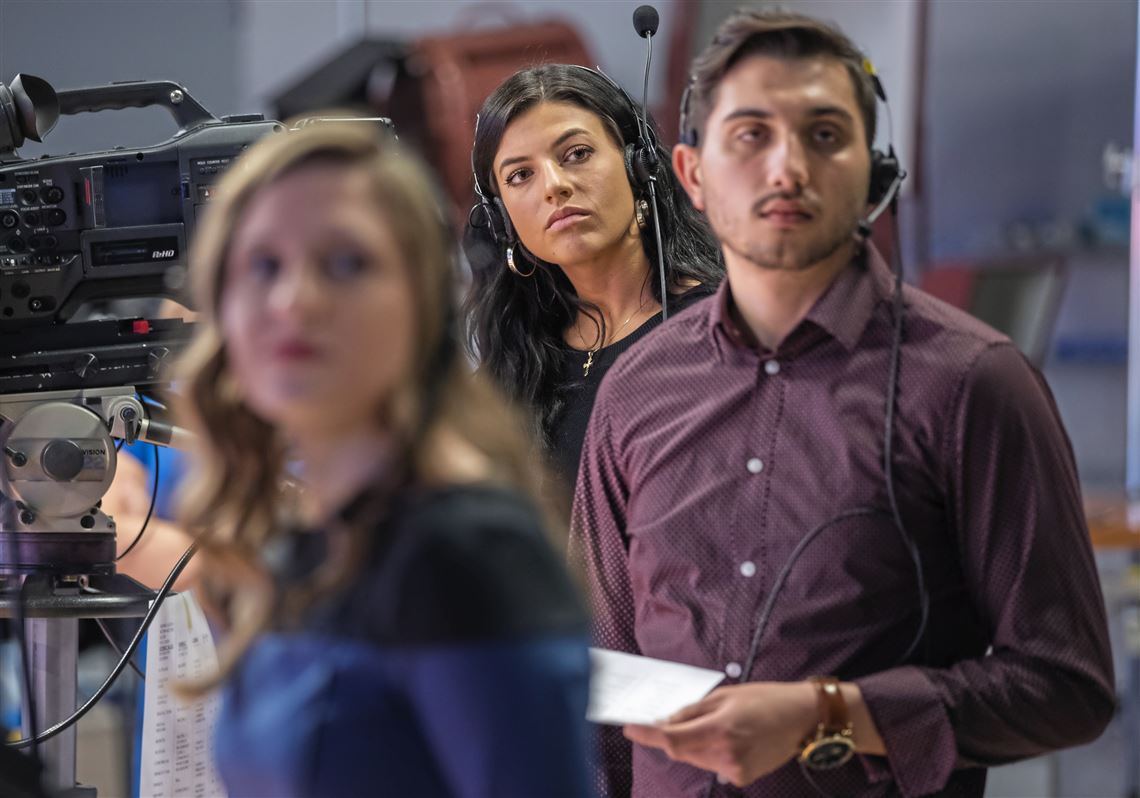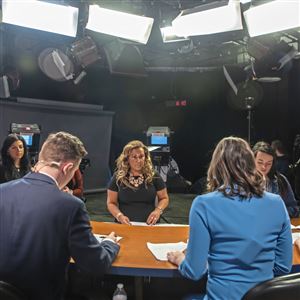MORGANTOWN, West Va. — Alex Balog was wearing a suit, and not just because he had visitors in West Virginia University’s Media Innovation Center on a blustery morning in March.
“I kind of like to move around when I direct,” he said. “I [also] direct sporting events for the university here, and I’m not going to be standing around at a three-hour baseball game wearing this.
“But for here, I tend to dress nice because I’m a believer in ‘You look good, you feel good. You feel good, you are going to perform well.’”
You cannot argue with success. WVU News, the student-run television station, recently won major national award for a special edition covering mental health issues in the Morgantown area. It was from the Broadcast Education Association Festival of Arts media competition.
Mr. Balog, a senior, directed the broadcast, which ran last year. He, producer Jensen Mills and anchors Victoria Donatelli and Gillian Brooks were part of the award-winning entry on mental health.
“Mental health is so important right now, and so prominent, especially for kids my age, with depression and suicide,” said Ms. Mills, a Cincinnati native who is pursuing a graduate degree in broadcast journalism. “It was weighing kind of heavy on me and I thought maybe we should go in this direction.”
Among the segments were a look at suicide rates among younger people, the effect of concussions in sports and the use of therapy dogs for military veterans.
The Reed College of Media’s broadcast facility produces a biweekly TV news show, six shows per semester. For breaking news concerns, there’s the website. WVU News has a contract with West Virginia Public Broadcasting (WVPB) for 15 minutes of “Campus Connection” news coverage that goes statewide.
Since 2013, WVU’s program has been a top three finalist in the national contest three times. It won in 2015 as well.
When a reporter and photographer visited in March, the facility was abuzz. The large studio, which is better equipped than many small-market stations, was filled with people hurrying back and forth to check camera angles, sound, hair and makeup. Across a hall, a dark control room was similarly crowded with people.
WVU shot this last broadcast on March 11, as word of the novel coronavirus was beginning to hit home. One of the segments included an interview with Monongalia County epidemiologist Diane Gross.
“Definitely not ‘fake news,’” Ms. Donatelli said, noting that her class was trying for a mix of big issues and local features.
Gina Martino Dahlia, the journalism program chair who teaches the broadcast class, said it is “a huge undertaking to train students to be journalists in today’s digital age.” She began working on this particular course 16 years ago.
“When I first started teaching, they just went out into the field and reported for television. No social media, no writing for the web.
“Now I see how challenging it is to them because they have to multitask to the nth degree. It is quite shocking to them when you tell them, ‘You have to go out and report on a story. You also have to tweet about it, you have to take pictures and oh, by the way, you also have to do Facebook Live. And when you come back, we need you to do a blog and you also have to figure out how to design the story for the website.’”
Of course, “we still want you to be ethical, honest and fair and get both sides of the story, all within a time constraint.”
The very nature of what the student journalists cover has evolved into a reflection of what the “big” media outlets pursue. It used to be enough for a campus station or newspaper to stick to what was happening within the campus and surrounding community. At WVU, that changed with the 2007 campus shooting at Virginia Tech. Blacksburg is roughly a four-hour drive from Morgantown.
“When this happened I was still pretty green in this job,” Ms. Dahlia said. “We were watching events unfold and I told [some] students, ‘Just go. Go cover it.’ I didn’t get clearance from anyone, I just gave them money and told them to go.”
The crew was a bit overwhelmed, with Oprah Winfrey and other national names showing up. Then a grim reality set in.
“It was a wake-up call.... They were so used to covering things that were happy and positive and low-key, and this was a slap in the face.”
Their initial response served as a stark contrast to the station’s reaction to the Tree of Life synagogue shooting in October 2018. A crew immediately drove to Squirrel Hill and went to work.
“Now they are more conditioned because that is what they are growing up with,” said Ms. Dahlia. “They are much more used to reporting on that sort of thing. It does not make it any easier [emotionally] but it is the reality of what they are doing today as journalists.”
The students come to journalism through many channels. Ms. Donatelli, who anchored the 2019 first-place broadcast, didn’t set out to be a journalist. Back at Thomas Jefferson High School, the Jefferson Hills native wanted to be a dentist.
“My parents were kind of like, ‘OK you’re not really good with sciences, we need to sway you,” she said.
She met Lynne Hayes-Freeland when the KDKA reporter was covering a story. That led to Ms. Donatelli doing a senior project on her, which led to a fascination with broadcast media.
At the time of campus shut-down in late March, Ms. Donatelli was interviewing for jobs with TV stations, including WTRF in Wheeling. That job was a combination of news and sports, “the best of both worlds,” she said hopefully.
Mr. Balog, a Cleveland native, was helping direct a startup community public affairs show: “Being able to get that show off the ground is pretty cool. I’m getting a totally new directing experience.”
Ms. Mills, who has always wanted to be a writer, realized two things during her time as an undergrad at WVU. First, being in front of the camera was not for her. Second, returning for her master’s degree gave her the chance to continue producing the news. She said she just might teach broadcast journalism some day.
Mr. Balog said that while the WVU newscast is not a daily presence, it’s still an important one.
“You do real stories about real things in the community. Yes, we are students but [also residents] for at least four years. So we care about what’s going on here, and to tell those stories.”
(April 27: This story has been updated to reflect the name of the award won by the WVU news team).
Maria Sciullo: msciullo@post-gazette.com or @MariaSciulloPG.
First Published: April 24, 2020, 12:00 p.m.
Updated: April 25, 2020, 12:03 a.m.

